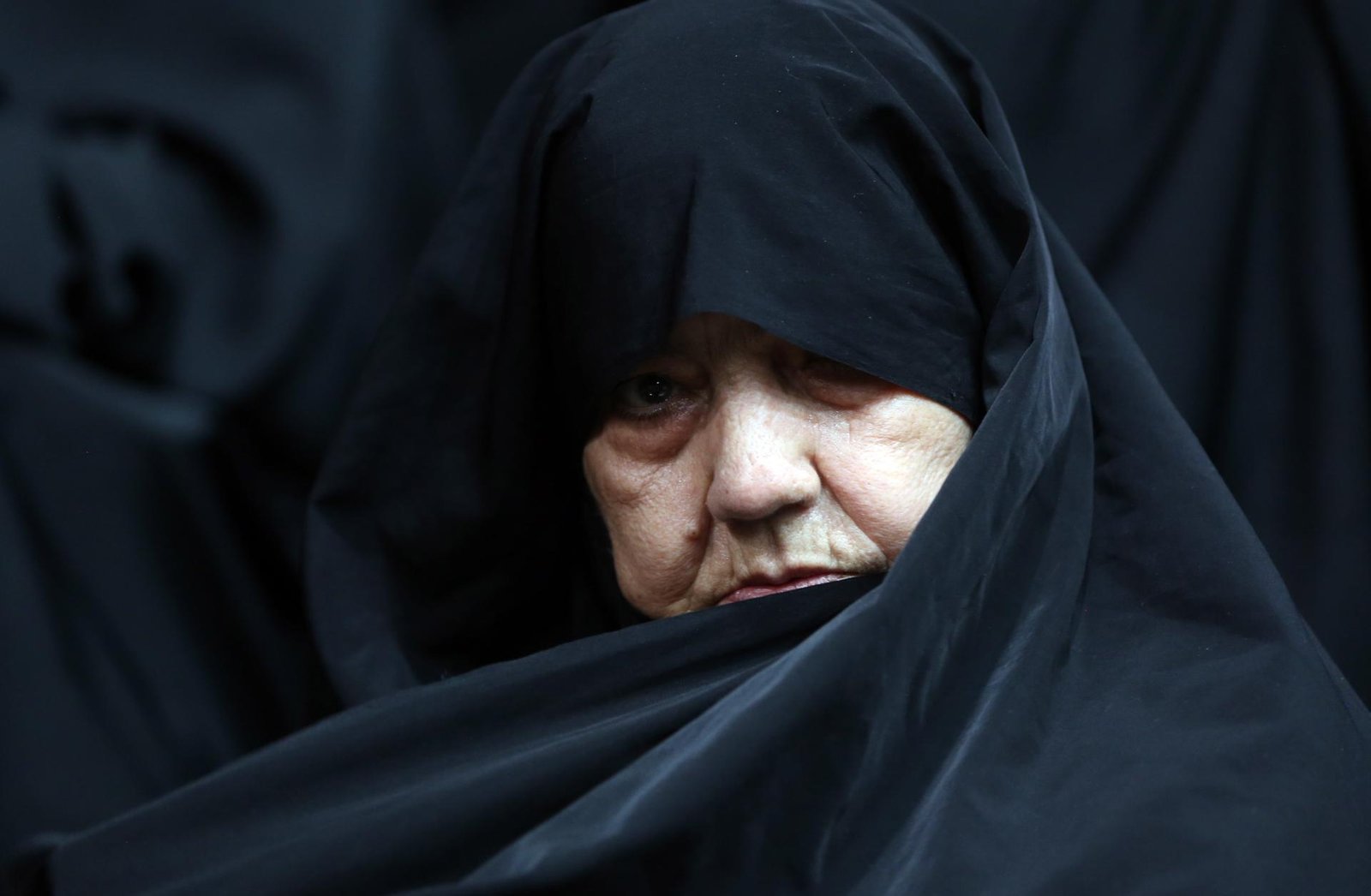(FILE) An Iranian woman looks on during the ceremony to support the hijab (Islamic dress code) in Shiroudi Stadium in Tehran, Iran. EFE/EPA/ABEDIN TAHERKENAREH
Tehran, Dec 15 (EFE).- Iran’s Supreme National Security Council called on the parliament to stop the process implementing the controversial hijab law, which imposes severe penalties on women who do not wear the Islamic veil, following strong backlash.
The Secretariat of the Supreme National Security Council has requested in a letter to parliament to stop notification of the Hijab and Chastity and its implementation, the parliament’s presiding board member Alireza Salimi announced late Saturday, according to the state-owned IRNA agency.
Salimi said that the letter, sent the same day to the legislature, stated that the government would send a new amendment to clarify the ambiguities of the draft law on chastity and hijab.
The speaker of parliament, Mohammad Baqer Qalibaf, said last week that on Dec. 13 he would send the law to President Masoud Pezeshkian for his assent and subsequent implementation.
However, the reformist leader, who chairs the Supreme National Security Council, then expressed his reservations about the new rule and considered that it would provoke unnecessary conflicts in the divided society of the Islamic Republic and alienate a part of the population.
The law seeks to end the noncompliance of the use of the hijab, which represented a gesture of civil disobedience adopted by many Iranians after the death of Mahsa Amini.
Amini died in police custody after being arrested by the Morality Police for improperly wearing the Islamic veil in September in 2022, and her death sparked widespread protests across the nation.
The controversial law includes punishments for women who violate the strict dress code in the country, with prison sentences of up to five years in case of repeat offenses and fines of up to $2,000, much higher than the average wages in the country.
Failure to pay fines would lead to restrictions on public services, such as obtaining a driver’s license or passports and confiscation of cars, among other measures.
Many human rights activists and international organizations have criticized the law.
UN experts have described the law as a form of gender apartheid, with authorities appearing to govern through systematic discrimination intending to subjugate women and girls.
Amnesty International (AI) also denounced that the “draconian” law intensifies repression and persecution against women for daring to defend their rights.
Although Iranian authorities have been trying for two years to reimpose the wearing of the veil with punishments such as the confiscation of vehicles and the return to the streets of the Morality Police, many women remain reluctant to wear the hijab. EFE ash/sc
